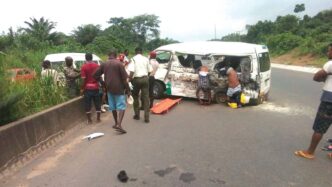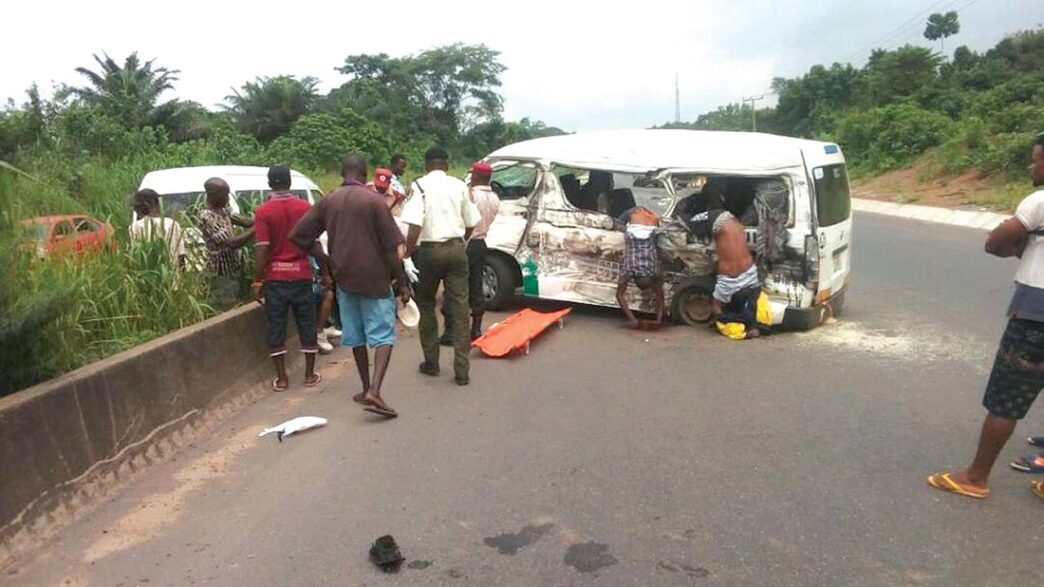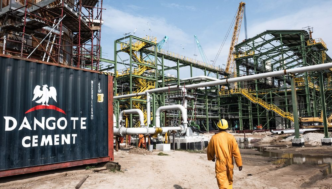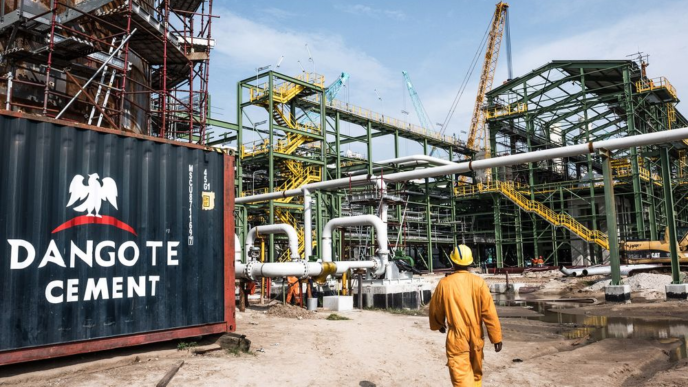Nigeria recorded a 9.44 per cent rise in road traffic accidents during the second quarter of 2025 compared with the same period in 2024, the National Bureau of Statistics (NBS) has reported.
According to NBS data drawn from reports by the Federal Road Safety Corps (FRSC), the number of incidents increased from 2,404 in Q2 2024 to 2,631 in Q2 2025.
Among these, 636 were fatal crashes, 1,728 were serious, and 267 were minor.
Tragically, 1,245 people lost their lives in the quarter. The gender breakdown shows that 1,018 of the victims were male—accounting for 81.77 per cent of fatalities—while 217 were female (18.23 per cent).
In terms of injuries, the toll was steep: 8,520 persons were injured, of which 6,629 (77.81 per cent) were male and 1,891 (22.19 per cent) were female. Adult males comprised the majority in both deaths and injuries, emphasising their vulnerability on Nigeria’s roads.
Regionally, the Southwest and North Central regions recorded the highest numbers of crashes—772 and 699 incidents, respectively—while the South South region reported the fewest, with 160 incidents.
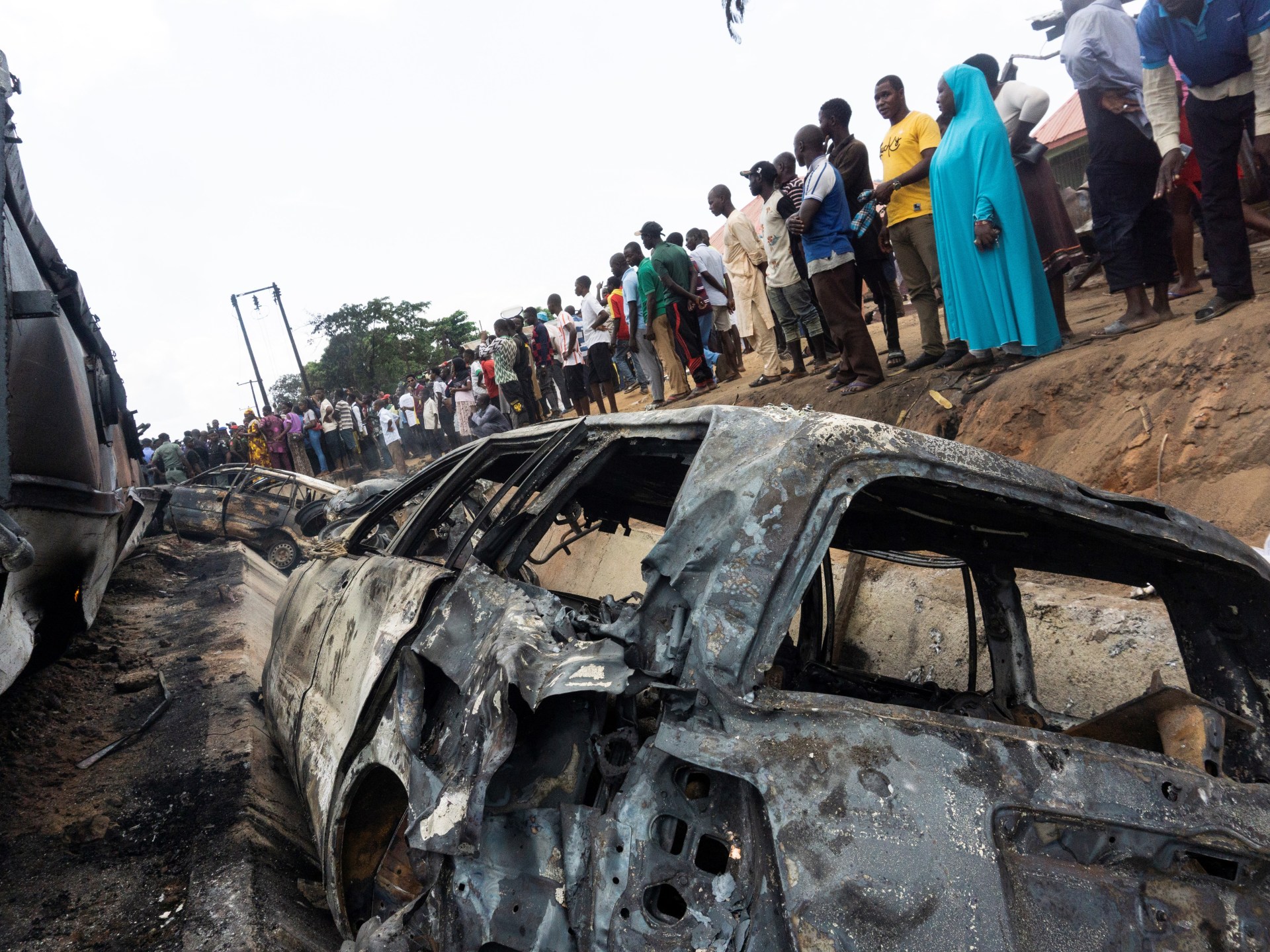
In terms of casualties, however, the Northwest had the highest figure, with 2,597 persons affected, followed by North Central with 2,327, while the South-South had the lowest at 442.
Data also show that 3,806 vehicles were involved in crashes during the quarter, slightly down 2.28 per cent from the previous quarter. Of these, 2,687 (70.6 per cent) were commercial vehicles, reinforcing longstanding concerns about road safety in the commercial transport sector. Private vehicles accounted for 27.8 per cent (1,058 vehicles), government vehicles for 1.58 per cent (60), and diplomatic vehicles for just one case (0.03 per cent) of involvement.
Regarding crash types, cars (888), minibuses (755), and motorcycles (748) featured most frequently, followed by trucks (596), trailers (253), pickups (121), SUVs (106), and tankers (65). Smaller numbers of luxury buses, tricycles, bicycles, and other vehicles were also involved.
The steady rise in road accidents and the unequal burden borne by men—especially adult males—point to persistent systemic and behavioural challenges.
These may include reckless driving by commercial operators, inadequate enforcement of traffic regulations, poorly maintained roads, vehicle faults, and lax adherence to safety best practices.
Experts and road safety advocates argue for urgent interventions: stronger regulatory oversight, more rigorous enforcement of safety standards for commercial vehicles, public awareness campaigns targeting high-risk driver groups, regular vehicle inspections, and investments in road infrastructure enhancement.
The quarterly data underscore that, despite prior commitments from government agencies and road safety bodies, Nigeria’s battle with traffic fatalities is far from over. As vehicle traffic and population growth continue, sustained multi-


 Trending
Trending 
